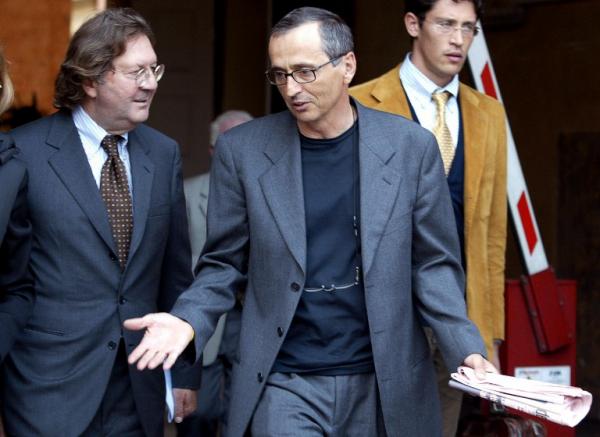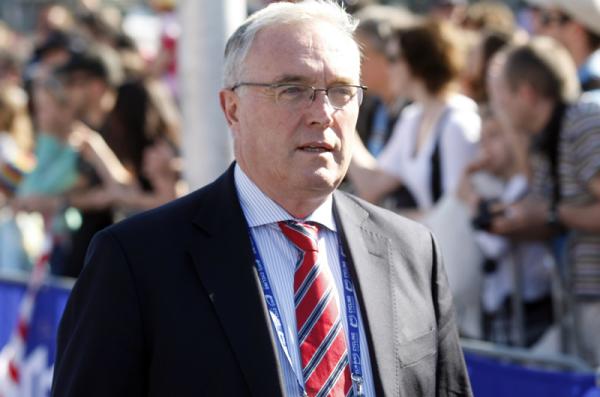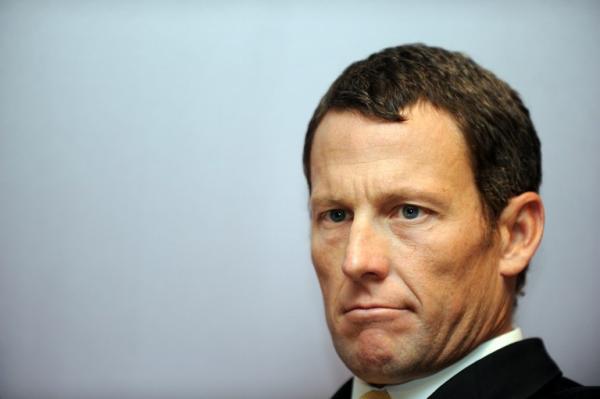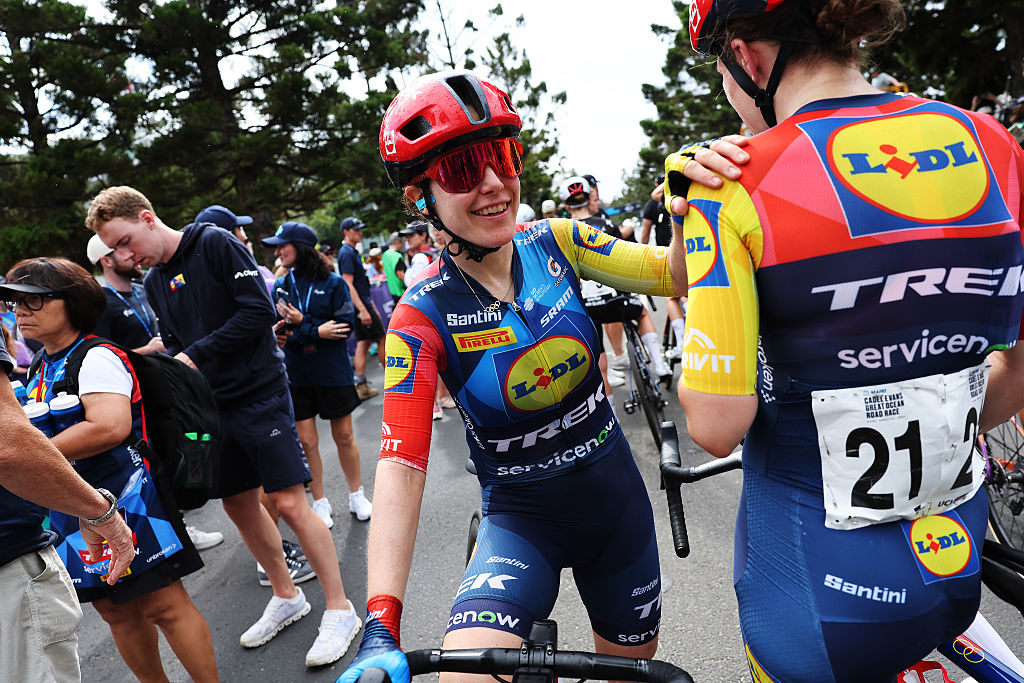WADA expects ban of Armstrong associates to be accepted worldwide
Banned but non-licensed people should be refused participation
The latest race content, interviews, features, reviews and expert buying guides, direct to your inbox!
You are now subscribed
Your newsletter sign-up was successful




The World Anti-Doping Agency issued a statement on Wednesday in response to numerous inquiries regarding the case against Lance Armstrong and his former US Postal and Discovery Channel team associates who were charged by USADA of doping and a cover-up conspiracy, stating that any action taken by a WADA code signatory should be upheld by signatories worldwide.
Not only are Michele Ferrari, Jose "Pepe" Martí and Dr. Luis Garcia del Moral not licensed by any sporting federation, they are not from the USA, which led UCI president Pat McQuaid to question the process of banning them. WADA has indicated that it is up to the sport organisations to comply.
"WADA strongly recommends all Signatories to take such steps in order to protect athletes from unscrupulous individuals who have a proven record of being involved in doping activities," a statement from WADA read.
"In the case of members of the athlete entourage that can happen in a number of ways, as the IOC and other international federations have demonstrated in the past by withdrawing accreditation or permission to be involved in events, refusing team membership or participation, and removing the right to be part of a medical or coaching commission for itself or National Federations.
"In addition, most Signatories will immediately alert athletes not to seek treatment, guidance or advice from those banned, and to cease any association accordingly."
USADA has clarified in the past that non-US citizens are covered under the WADA code which places the option to take action against individuals upon the signatory that discovers the evidence of an anti-doping violation, regardless of whether that individual was licensed by that agency.
In regards to the non-licensed individuals, WADA cited article 15.4.1 of its code which reads: "Subject to the right to appeal provided in Article 13, Testing, therapeutic use exemptions and hearing results or other final adjudications of any Signatory which are consistent with the Code and are within that Signatory's authority, shall be recognized and respected by all other Signatories."
The latest race content, interviews, features, reviews and expert buying guides, direct to your inbox!
This means that any action taken by USADA will be expected under the code to be enforced by all signatories worldwide, since the purpose of creating WADA in 1999 was to provide a system of anti-doping rules that could be agreed upon by all sports in all countries which agreed to the code.
"Without this harmonization and mutual recognition the fight against doping in sport would revert to the pre-WADA days when there was little uniformity and consistency in terms of sanctioning and the decisions handed down to athletes and others," the agency's statement read.
That very concept is now under attack by Armstrong's attorneys, who has filed a federal lawsuit questioning the jurisdiction of USADA and calling the proceedings against him "unconstitutional".
The agency would not comment further on the case of Armstrong, stating, "As with all cases under the Code, both the International Federation concerned - the UCI - and then WADA has a right of appeal. Until the time for exercising such rights has passed it is inappropriate for WADA to comment further on specifics of the case."

Laura Weislo has been with Cyclingnews since 2006 after making a switch from a career in science. As Managing Editor, she coordinates coverage for North American events and global news. As former elite-level road racer who dabbled in cyclo-cross and track, Laura has a passion for all three disciplines. When not working she likes to go camping and explore lesser traveled roads, paths and gravel tracks. Laura specialises in covering doping, anti-doping, UCI governance and performing data analysis.
